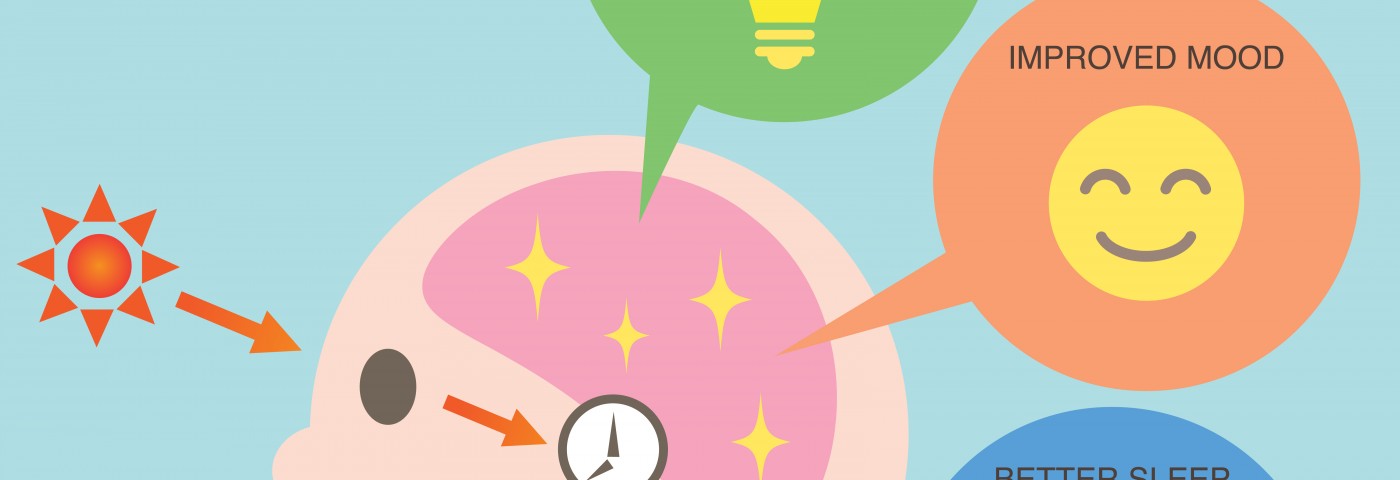The consumption of saturated fats — and when in the day they are eaten — dysregulate the circadian rhythm of cells, essentially “jet-lagging” them, and promote chronic low-grade inflammation and metabolic diseases like rheumatoid arthritis, researchers at Texas A&M Health Science Center and Texas A&M AgriLife reported. The paper, “Role of Inflammatory Signaling in the Differential Effects of Saturated and Poly-unsaturated Fatty Acids on Peripheral Circadian Clocks,” was published in EBioMedicine.
Circadian clocks refer to mechanisms that allow cells to coordinate their biological processes and regulate physiological events according to their environment, namely the day-night cycle. The tight regulation of these rhythms is extremely important to body functions and in preventing inflammatory responses. When the 24-hour cycle is disturbed, there is a higher probability for the development of metabolic diseases or inflammation-related diseases such as type 2 diabetes, rheumatoid arthritis, and cardiovascular disease.
Researchers investigated the role of pro-inflammatory saturated fats in high-fat diets (HFD), and their impact on cellular circadian clocks. Previous findings have associated high-fat diets to disturbances in circadian clocks, especially in the immune cells that mediate inflammation.
Here, researchers found that one particular fatty acid, palmitate or palmitic acid, greatly affects the cells’ circadian rhythms and dysregulates physiological time coordination. Moreover, the time of the day in which people consume these fatty acids further contributes to chronic inflammation. “Chronic inflammation is determined by what saturated fats you have in your diet and when you eat them,” David Earnest, PhD, the study’s senior author and professor in the Department of Neuroscience and Experimental Therapeutics at the Texas A&M College of Medicine, said in a news release.
According to the findings, the best time to eat a high-fat meal is early in the morning, and the worst time is late at night.
Importantly, researchers found that the consumption of specific polyunsaturated “good” fats and certain anti-inflammatory drugs had protective effects during the times “bad” fats did the most damage, preventing inflammation and “resetting” the uncoordinated clocks. Researchers focused on docosahexaenoic acid (DHA), a common polyunsaturated omega 3, and results were consistent with previous knowledge. Consumption of omega 3 disrupted the inflammatory response and blocked disruption of circadian clocks.
“Our findings suggest that we may be able to control the inflammatory response locally in specific tissues, maximizing the inflammation with timed palmitate treatment to help the body respond to infection or injury,” Dr. Earnest said. “We could then deliver appropriate treatments at specific times to block the chronic phase and potentially manage inflammation-related diseases.”


